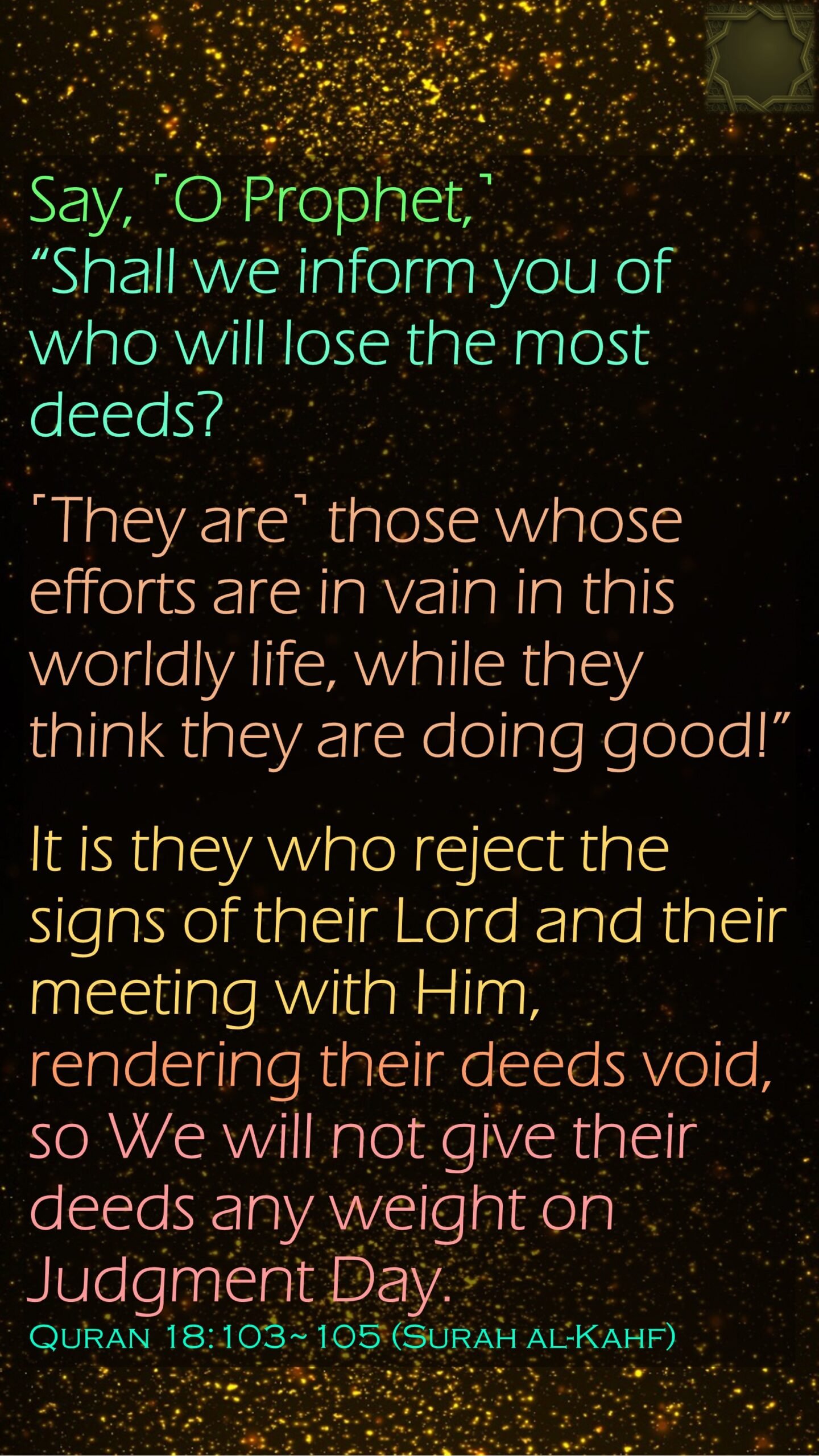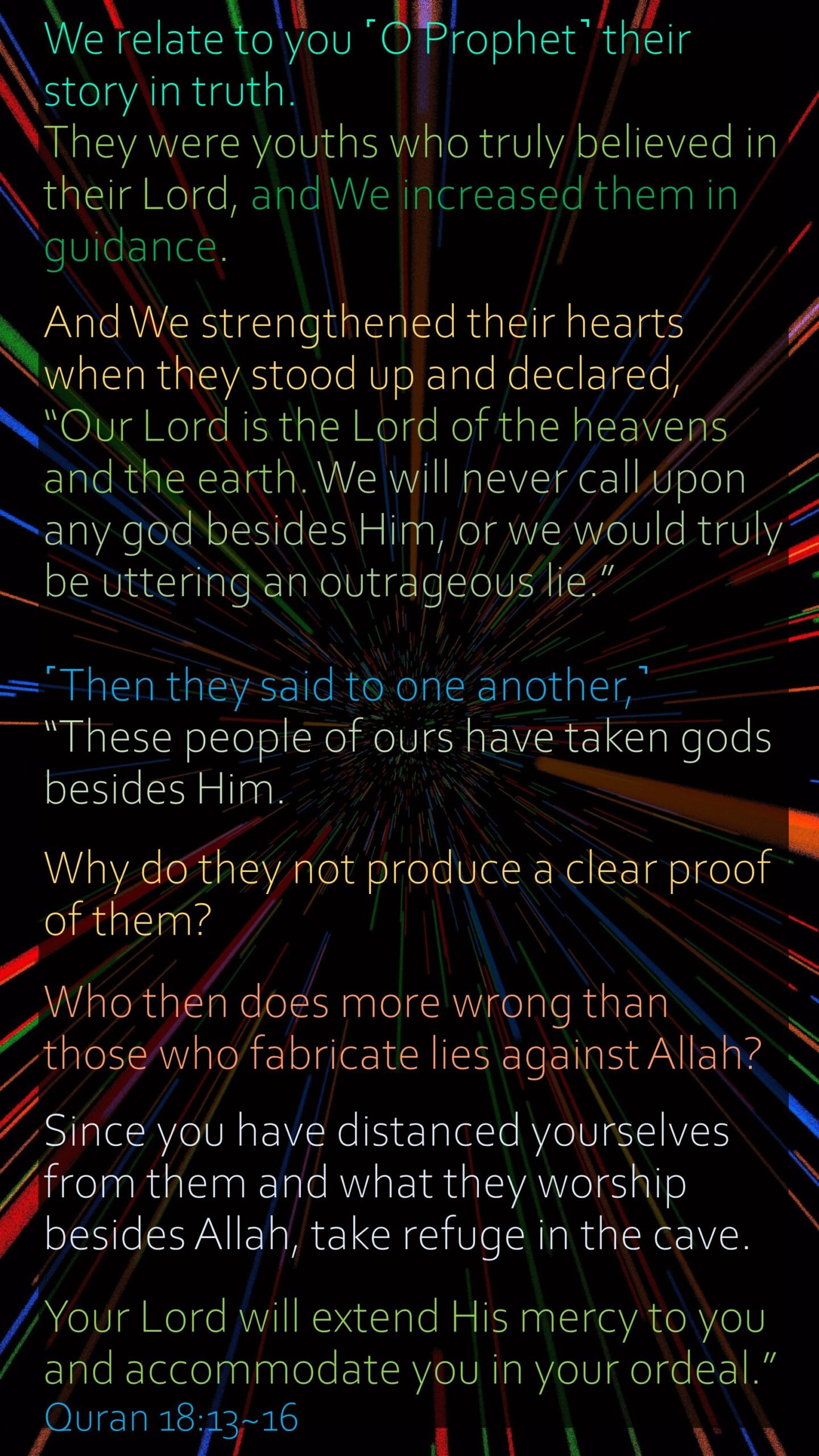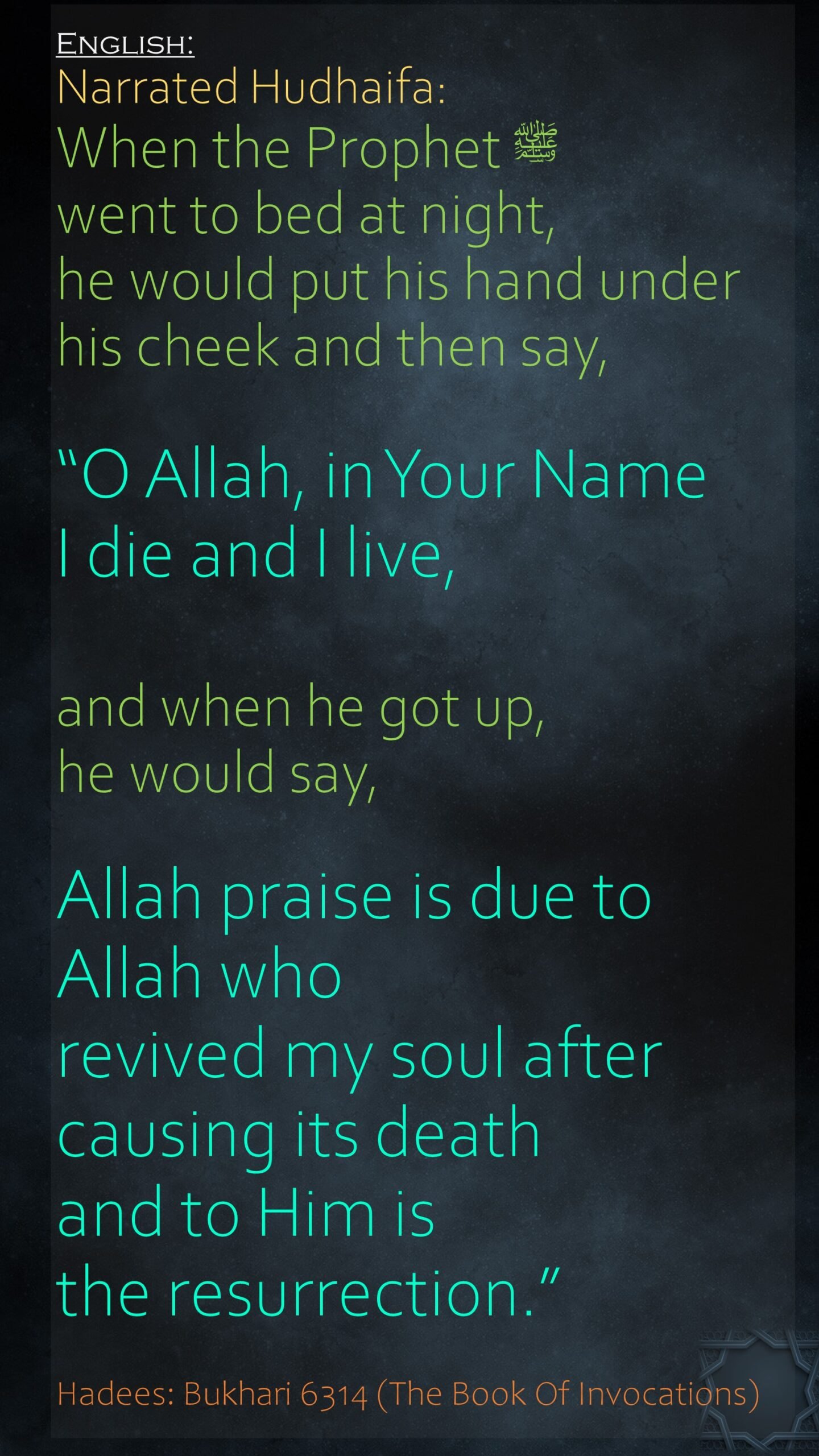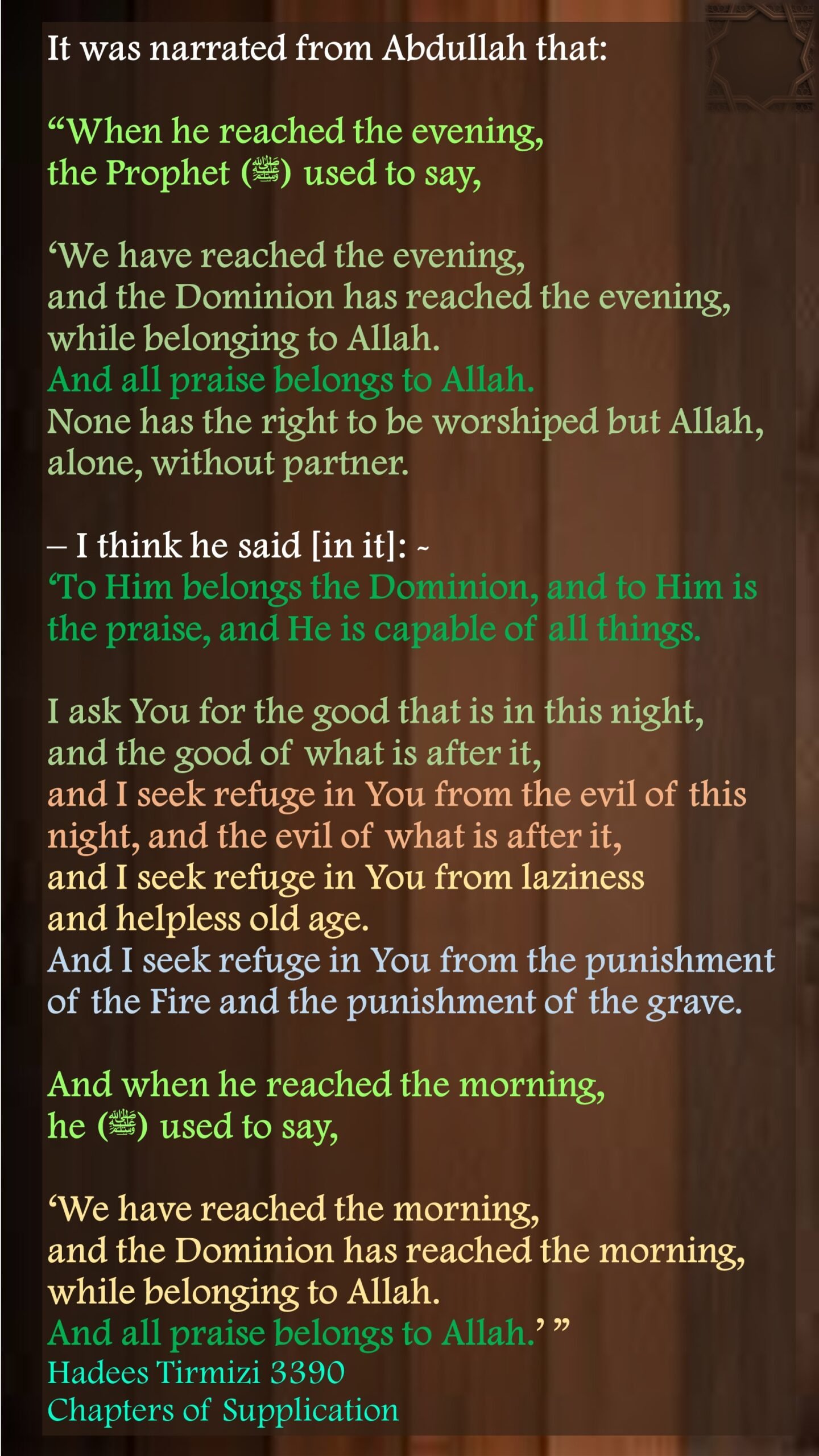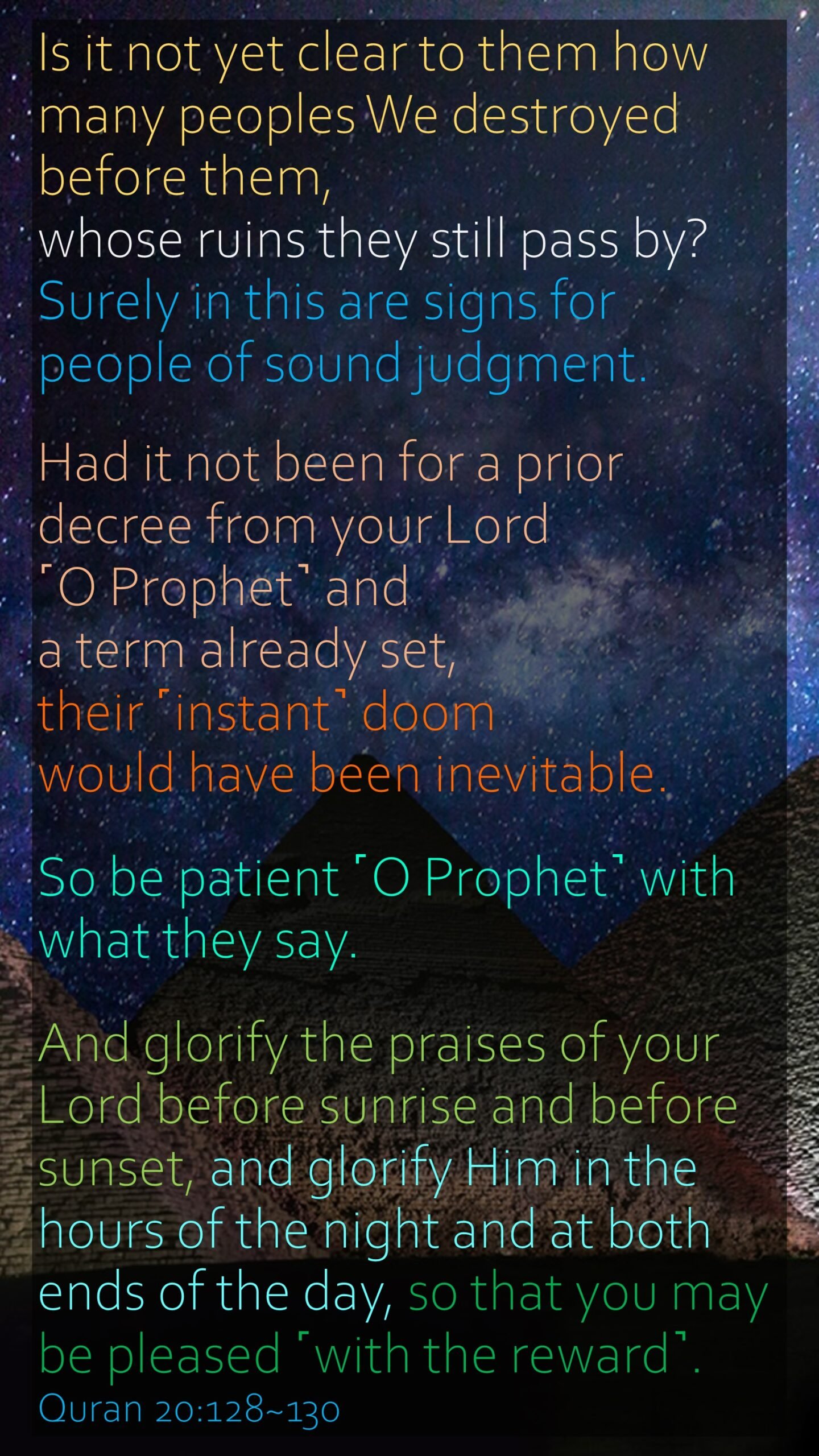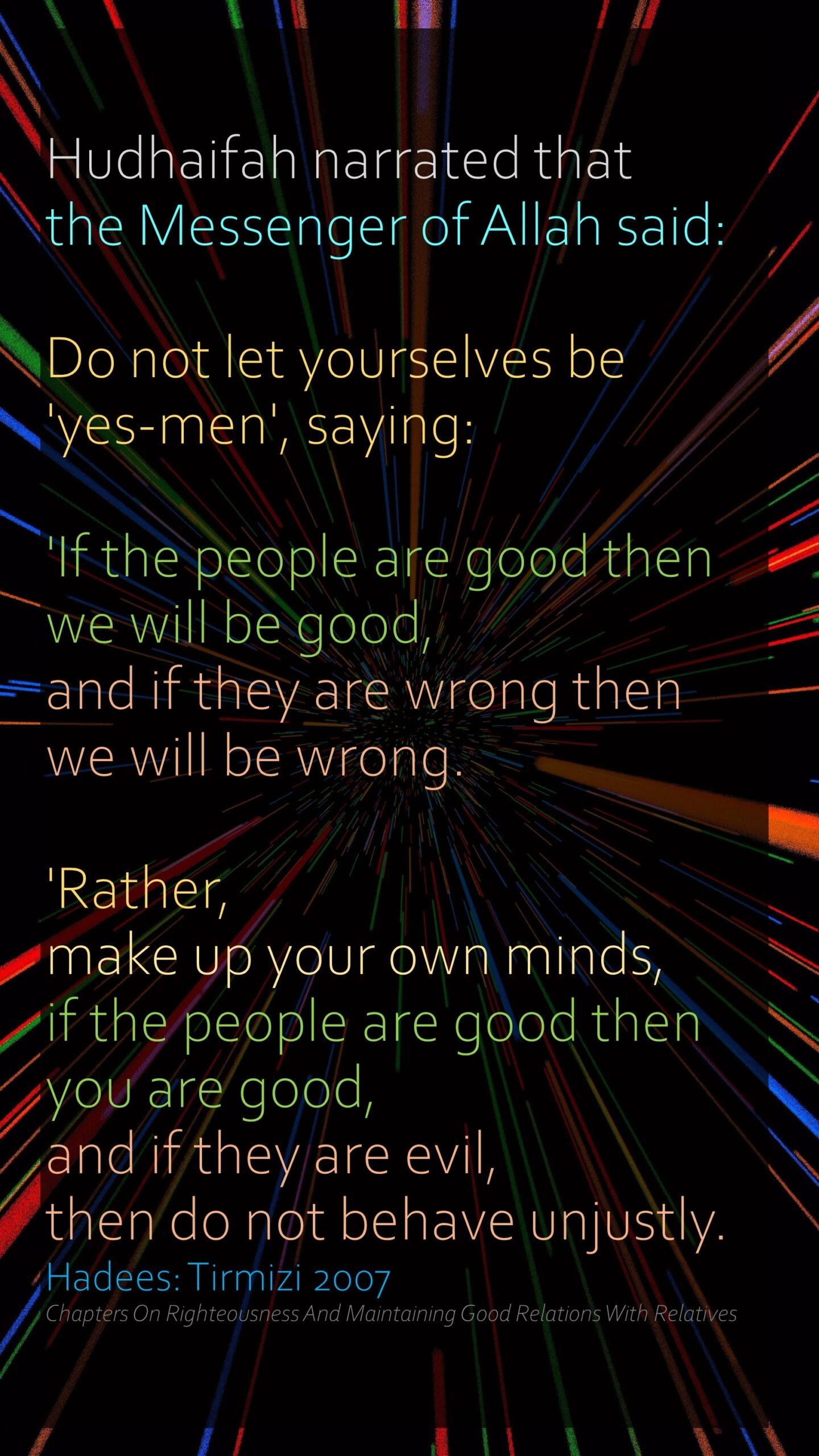Skip to Content
Tag Archives: PBUH
- Home -
- Posts tagged "PBUH"
( Page2 )
9
Oct, 2023
Hadees, Islam
Allah, daily, east, filth, ice, inspirations, islam, islamic, Muhammad, opening, PBUH, prayer, purify, recitation, recite, SAWW, silence, sin, snow, Takbir, wash, Water, west, افتتاحی دعا, دعاء الاستفتاح
26
Sep, 2023
Hadees, Islam
Allah, clean, daily, dua, fearful, grateful, guide, heart, humble, inspirations, islam, islamic, Muhammad, obedient, PBUH, repent, SAWW, supplication, tongue, true, truth
21
Sep, 2023
Islam, Quran
Allah, ayat, daily, day, deed, good, inspirations, islam, islamic, judgement, loser, Muhammad, PBUH, Prophet, quran, reject, rendering, SAWW, Surah, vain, void
14
Sep, 2023
Islam, Quran
Allah, ayat, Cave, daily, earth, fabricate, gods, guidance, heart, heavens, inspirations, islam, islamic, Kahf, lie, Mercy, Muhammad, PBUH, proof, Prophet, quran, refuge, SAWW, strengthened, Surah, worship, wrong
10
Sep, 2023
Hadees, Islam
Allah, daily, Death, die, dua, inspirations, islam, islamic, Life, live, Muhammad, name, PBUH, praise, resurrection, SAWW, sleep, supplication, waking up
9
Sep, 2023
Hadees, Islam
All-Knowing, All-Seeing, Allah, daily, eart, harm, Heaven, inspirations, islam, islamic, Muhammad, PBUH, prevent, Prophet, SAWW
7
Sep, 2023
Hadees, Islam
Abdullah bin Masud, Allah, beseech, chastity, contentment, daily, guidance, inspirations, islam, islamic, Muhammad, PBUH, piety, Prophet, SAWW, supplication
6
Sep, 2023
Islam, Quran
age, Allah, daily, day, dominion, evening, goodness, grave, hadees, inspirations, islam, islamic, laziness, morning, Muhammad, night, old, PBUH, Punishment, SAWW, supplication
5
Sep, 2023
Islam, Quran
Allah, ayat, daily, day, decree, destroy, doom, evening, Glorify, inevitable, inspirations, instant, islam, islamic, judgement, morning, Muhammad, night, patient, PBUH, pleased, praise, Prophet, quran, reward, SAWW, Sign, Surah
16
Jul, 2023
Hadees, Islam
Allah, daily, do not, evil, exercise, good, inspirations, islam, islamic, messenger, mind, Muhammad, PBUH, people, SAWW, unjust, wrong, yes-man



